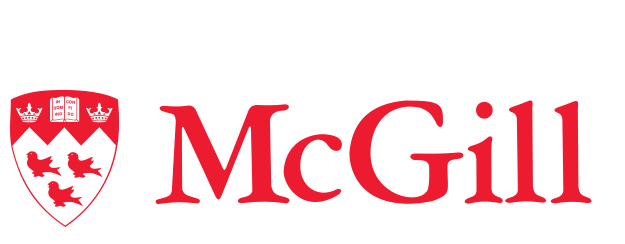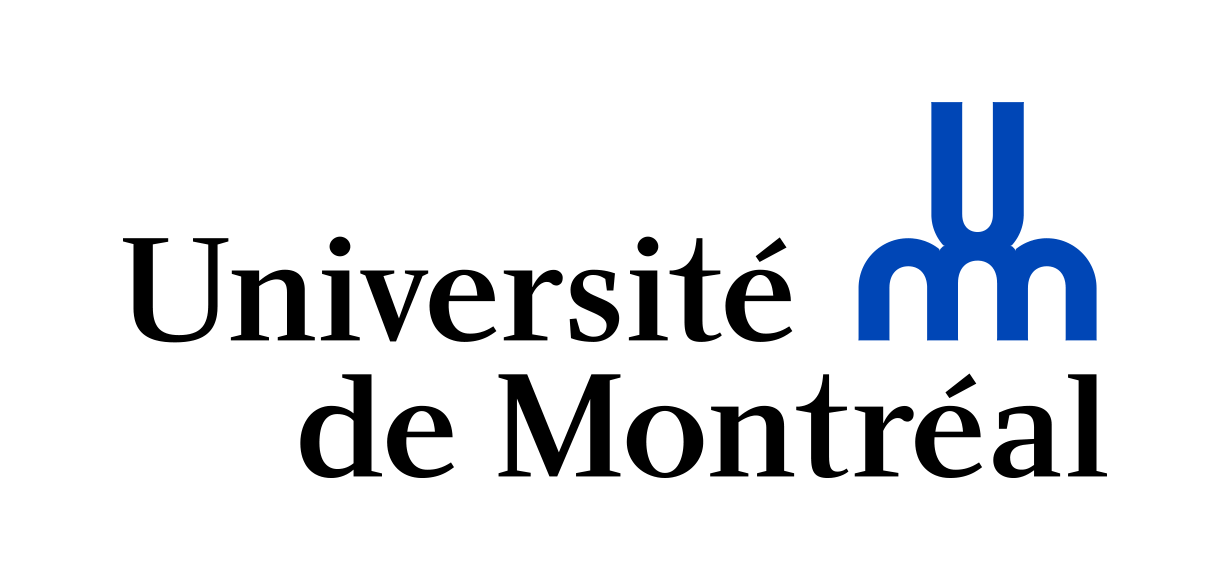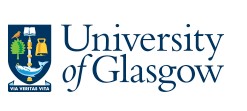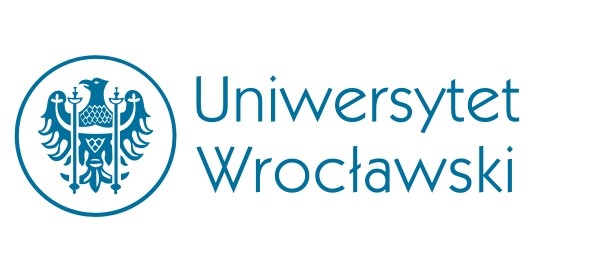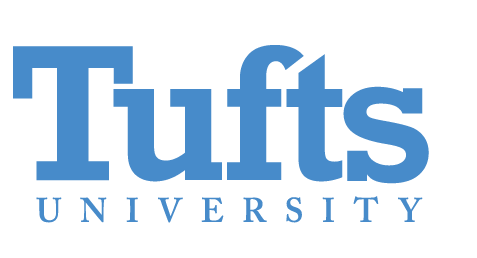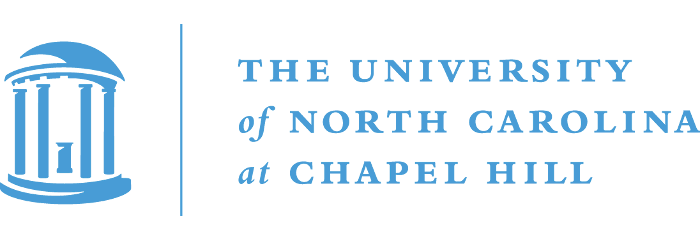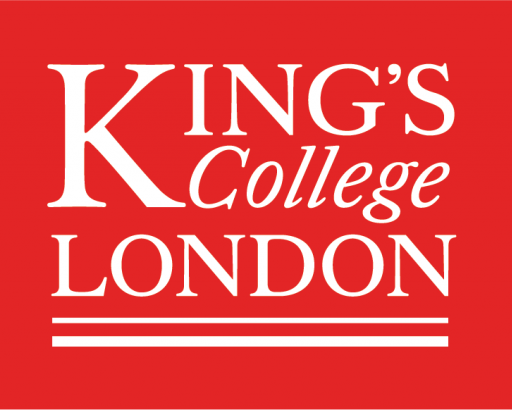Moscow Policy Conference, MGIMO University, 16-17 September 2019
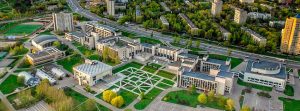
Photo from MGIMO University
Evaluating the Potential for Cooperation: the EU, the EEU, and the CSTO
September 16-17, 2019
MGIMO, Moscow
The Policy Conference aims at knowledge transfer to the general public and particularly to public practitioners in Russia. BEAR Network members will travel to Moscow where our partner institution MGIMO will host this Policy Conference and invite Russian officials and interested academics to participate in the event. Invited guests include representatives from the Eurasian Economic Commission, the Ministry of Foreign Affairs of Russia, and the Embassies of the Eurasian Union members.
INTERNATIONAL POLICY CONFERENCE MEMOS
Panel 1. Social dimension, education and migration: what importance for the EU-Russia and EU-EAEU relations?
Oleg Barabanov, Deputy Director, European Studies Institute, Jean Monnet Chair on Russia-EU Relations (2015-2018), Professor, Integration processes department, MGIMO, Programme Director at the Valdai International Discussion Club. “Russia-EU cooperation in education sphere.”
Maria Apanovich, Deputy Director, Master’s Training Office, Associate Professor, Department of Demography and Migration Policy, MGIMO. “Legal aspects of educational migration to Russia from EU and Eurasian countries.”
Anna Tsibulina, Associate Professor, Integration processes department, MGIMO. “Labour migration in the Eurasian Economic Union: any similarities with the EU?”
Zsuzsa Csergő, Queen’s University, Canada “Kin-states as actors of conflict and cooperation: Lessons from Central and Eastern Europe.”
Igor Okunev, Director at the Center for Spatial Analysis in International Relations, MGIMO. “External and internal “Others” in creating identity narratives in Russian borderlands.”
Panel 2. Norms and rules in the interactions between the EU and Russia, the EU and the EAEU
Viacheslav Morozov, Professor of EU-Russia Studies, University of Tartu(Estonia)“Stabilization, Resilience and the Perpetuation of Conflict: the EU and Russia as Normative Actors.”
Marina Strezhneva, Professor, Integration processes department, MGIMO. “The State of EU-Russia Relations and the Fate of the Rule-Based Global Order: on the Organisational Notion of ‘Resilience’ — and Beyond…”
Panel 3. Insights from practitioners
Kirill Entin, Counsellor, Research and Analysis Department, EAEU Court. “The influence of EU law on the EAEU legal order.”
Panel 4. Prospects and limits of cooperation
Olga Potemkina, Head of the Department of European integration studies, Institute of Europe under the Russian Academy of Science.“EU-EAEU: cooperation or competition?”
Tatiana Isachenko, Professor of International Economic Relations, Deputy Dean, School of International Business and Business Administration, MGIMO. “Prospects for cooperation between EAEU and EU.”
Joan DeBardeleben, Carleton University“EU-EEU Cooperation and the ‘Common Neighbourhood’.”
Irina Bolgova, Associate Professor, Department of applied analysis of international processes.“EU-EAEU dialogue: prospects and limits.”
Vladislav Vorotnikov, Senior Research Fellow, Center for European Studies, MGIMO.“EU-EAEU cooperation: pragmatism versus values.”
Panel 5. Common Neighborhood in the relations between the EU and the EAEU
Ekaterina Arapova, Director, Center for Sanctions Policy Expertise, MGIMO. “Potential Integration Effects of EAEU-Serbia Free Trade Area: Any concerns for the EU?”
Norayr Dunamalyan, Russian-Armenian (Slavonic) university“Armenia’s integration policy between ‘complementarity’ and ‘conditionality.’”
Fabienne Bossuyt, Ghent University (Belgium)“The EU and Russia in Central Asia: opportunities for cooperation.”
Luca Anceschi, Senior Lecturer in Central Asian Studies, University of Glasgow(UK)“Kazakhstan-EU relations in the era of EEU integration.”
Andrey Kazantsev, Director, Center for the Study of Afghanistan and Central Asia, MGIMO “Security threats and challenges in Central Asia: common or different for the EU and Russia?”





